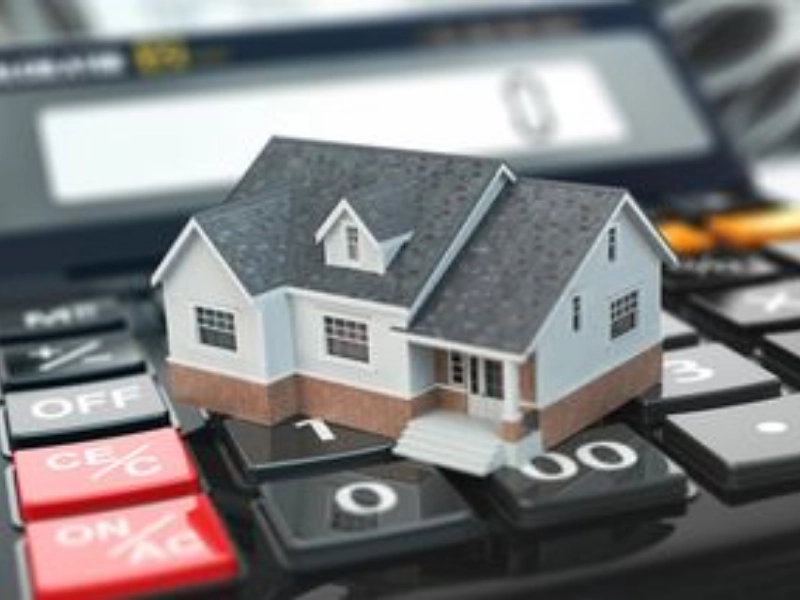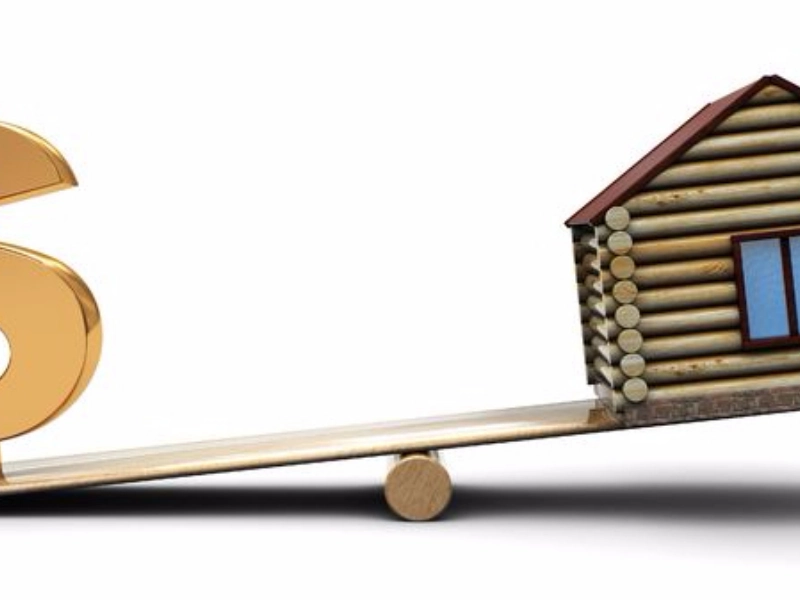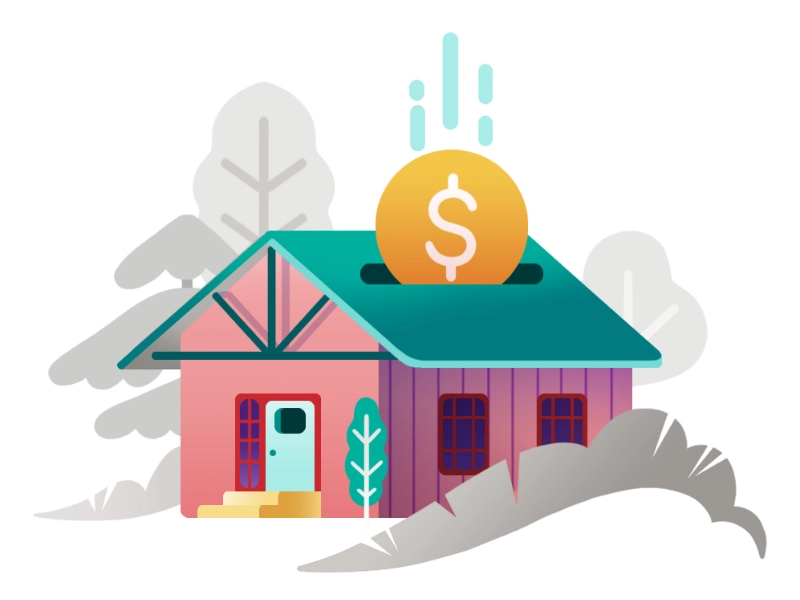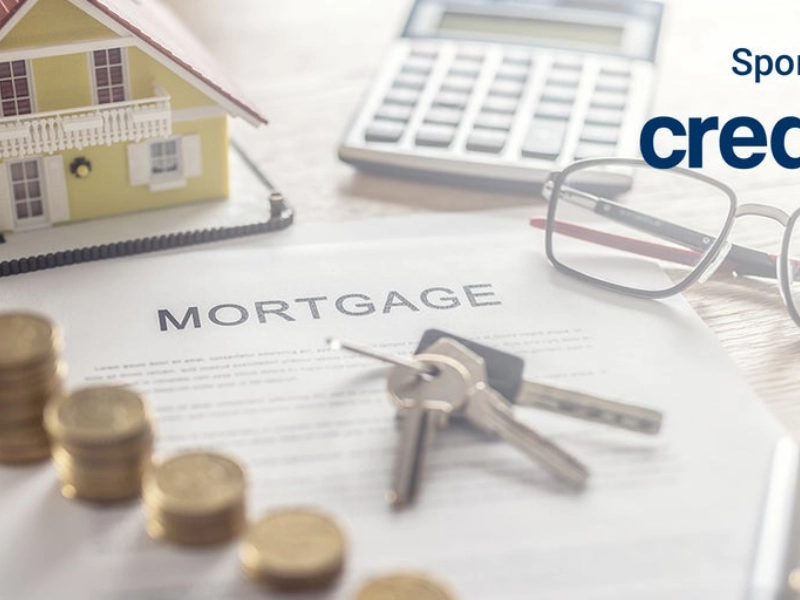Paying off your car loan early can increase your debt-to-income ratio, improve your financial security, and enable you to save money for other objectives, like emergencies. Just watch out that you don't go over your budget or run out of money paying other bills after paying off your auto loan. You can accelerate the payoff of your auto loan by making biweekly payments instead of one annual one. To find out if there are prepayment penalties, you should speak with your lender.

 You might try just raising your monthly payment if you don't want to commit to biweekly installments. You may be able to shorten the length of your loan and reduce your interest expenses by increasing your monthly payment by $50 or less.
Before you do this, though, make sure there are no prepayment penalties listed in your contract. These costs, which certain lenders charge, might completely deplete whatever savings you may have.
You may need to think about other options for paying off your auto loan early if making an additional monthly payment puts a strain on your finances or makes it harder to pay other payments. For example, it can make more sense to pay off other obligations that have higher interest rates than your auto loan first. By doing this, you can free up cash for other financial goals, such as accumulating an emergency fund or putting money down for a down payment on a house. You could also want to look for ways to supplement your income in your free time, such as ridesharing services or renting out your car.
You might try just raising your monthly payment if you don't want to commit to biweekly installments. You may be able to shorten the length of your loan and reduce your interest expenses by increasing your monthly payment by $50 or less.
Before you do this, though, make sure there are no prepayment penalties listed in your contract. These costs, which certain lenders charge, might completely deplete whatever savings you may have.
You may need to think about other options for paying off your auto loan early if making an additional monthly payment puts a strain on your finances or makes it harder to pay other payments. For example, it can make more sense to pay off other obligations that have higher interest rates than your auto loan first. By doing this, you can free up cash for other financial goals, such as accumulating an emergency fund or putting money down for a down payment on a house. You could also want to look for ways to supplement your income in your free time, such as ridesharing services or renting out your car.
 You may decide to make a sizable lump-sum payment, which can lower your loan total and save interest, depending on how much money you have available. You can use a work bonus, tax return, or other windfall to achieve this. If you decide to make this kind of lump-sum payment, you should still think about how it may affect your ability to save for emergencies or pay other bills.
The main balance of your loan must be repaid over the course of several months, unless your loan includes an accelerated repayment schedule. Your loan's duration can be shortened by making more payments, but before doing so, you should ask your lender about any potential prepayment penalties.
Paying off your auto loan will lower your interest expenses while also improving your debt-to-income ratio and freeing up cash for other financial objectives. If you do choose to pay off your loan early, be sure to find out how much the entire remaining term will cost you and whether your lender assesses a prepayment penalty.
You may decide to make a sizable lump-sum payment, which can lower your loan total and save interest, depending on how much money you have available. You can use a work bonus, tax return, or other windfall to achieve this. If you decide to make this kind of lump-sum payment, you should still think about how it may affect your ability to save for emergencies or pay other bills.
The main balance of your loan must be repaid over the course of several months, unless your loan includes an accelerated repayment schedule. Your loan's duration can be shortened by making more payments, but before doing so, you should ask your lender about any potential prepayment penalties.
Paying off your auto loan will lower your interest expenses while also improving your debt-to-income ratio and freeing up cash for other financial objectives. If you do choose to pay off your loan early, be sure to find out how much the entire remaining term will cost you and whether your lender assesses a prepayment penalty.
 It's crucial to ask your lender for a 10-day payback if you get paid a large chunk of money or can save up enough cash for a lump-sum payment. This will provide you with a precise balance of the amount still owed on your loan. All fees and interest that have accumulated during that time will be included in this. Usually, all fees and interest are deducted from your monthly payments before being applied to the principal. By getting this figure, you may make sure that you send enough money to close your account.
Remember that it might not be financially worth it to pay off your auto loan if your lender assesses a prepayment penalty or if doing so will put too much strain on your budget. Paying off higher-interest debt, such as credit card or personal loan debt, may be a wiser use of surplus funds. By doing this, you can reduce your debt-to-income ratio and free up money for emergencies or other financial objectives.
It's crucial to ask your lender for a 10-day payback if you get paid a large chunk of money or can save up enough cash for a lump-sum payment. This will provide you with a precise balance of the amount still owed on your loan. All fees and interest that have accumulated during that time will be included in this. Usually, all fees and interest are deducted from your monthly payments before being applied to the principal. By getting this figure, you may make sure that you send enough money to close your account.
Remember that it might not be financially worth it to pay off your auto loan if your lender assesses a prepayment penalty or if doing so will put too much strain on your budget. Paying off higher-interest debt, such as credit card or personal loan debt, may be a wiser use of surplus funds. By doing this, you can reduce your debt-to-income ratio and free up money for emergencies or other financial objectives.